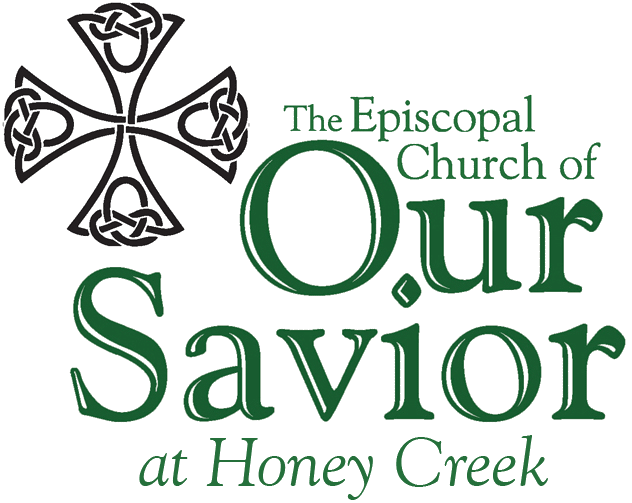August 2004 - late afternoon
Photo by Linda McCloud+
Our Gospel reading for tomorrow is John 21:1-19, which describes Jesus' post-resurrection appearance to seven of his disciples on the shore of the Sea of Tiberius, also known as Lake Gennesaret and the Sea of Galilee. Part of the story that touches me deeply is the conversation between Jesus and Peter.
Peter had denied Jesus three times during Jesus' trial. Jesus asked Peter three times if Peter loved Jesus. Of course the answer was "Lord, you know that I love you." I think that is more than a simple yes, but if you read this story in the Greek language is not quite so simple.
Two separate Greek words for love are used in this story. One is agape, which in practice means that we place the other first in our affections. This would be the kind of love expressed in John 15:12-13: "This is my commandment, that you love (agape) one another as I have loved (agape) you. No one has greater love (agape) than this, to lay down one's life for one's friends."
The other word used in this story is phileo, which means to have a deep feeling for; love, or like (to do or be something). So, if you put forms of phileo (love) and sophia (wisdom) together you get philosopher, a lover of wisdom.
Phileo can also mean to kiss. Judas had betrayed Jesus with a kiss. Peter had betrayed Jesus with his denial. Peter was probably feeling pretty low.
Let's revisit this scene where Jesus is testing Peter's loyalty:
Jesus: Do you love (agape) me more than these?
Peter: Yes, Lord, you know that I love (phileo) you.
Jesus: Feed my lambs.
Jesus: Do you love (agape) me?
Peter: Yes, Lord, you know that I love (phileo) you.
Jesus: Tend my sheep.
Jesus: Do you love (phileo) me?
Jesus: Do you love (phileo) me?
Peter: Lord, you know everything. You know that I love (phileo) you.
Jesus: Feed my sheep. Very truly, I tell you, when you were younger, you used to fasten your own belt and to go wherever you wished. But when you grow old, you will stretch out your hands, and someone else will fasten a belt around you and take you where you do not wish to go. (He said this to indicate the kind of death by which he would glorify God). After this he said to him, "Follow me."
The Greek form of Jesus' last word to Peter, "Follow me," is present imperative active. This is not an invitation. It is a command leaning more toward "Follow me, Peter, and do it now."
How do all these words sort out for you? What do you think was Peter's real answer to Jesus?
In peace,
Linda+
The Rev. Linda McCloud
Founding Pastor





No comments:
Post a Comment